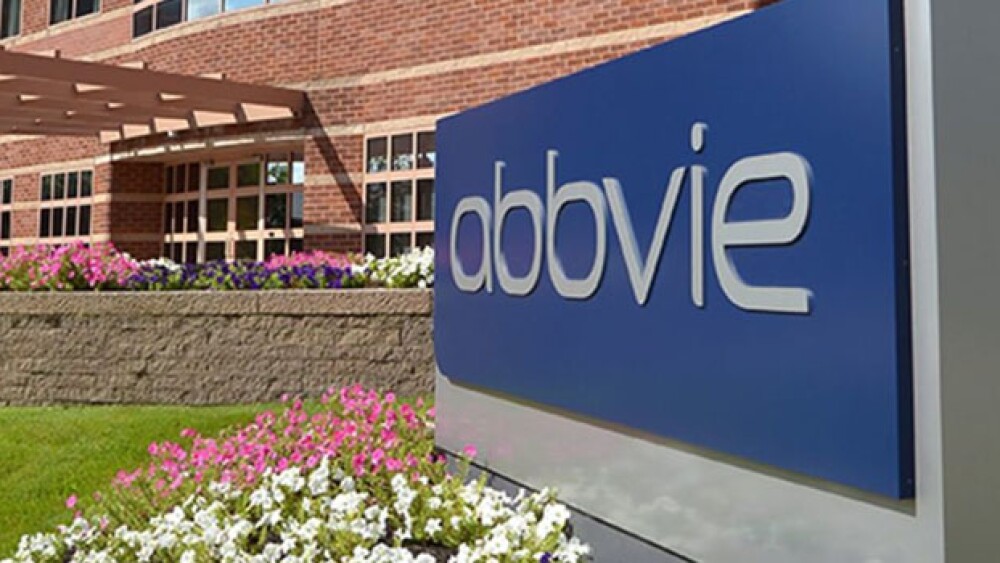AbbVie continues to do what it can to protect its Humira-driven revenue stream. This morning the company inked an agreement to grant Mylan the rights to begin marketing its biosimilar to Humira in the United States in 2023.
Illinois-based AbbVie continues to do what it can to protect its Humira-driven revenue stream. This morning the company inked an agreement to grant Mylan the rights to begin marketing its biosimilar to Humira in the United States in 2023.
AbbVie said it will grant Mylan the non-exclusive rights on specified dates to its intellectual property in the United States and in other countries where AbbVie has intellectual property, excluding Europe.
Mylan’s U.S. license for its Humira biosimilar will begin July 31, 2023. The deal is similar to others it struck with Amgen and Samsung Bioepis. Mylan will pay royalties to AbbVie for licensing the Humira patents once its biosimilar is launched, AbbVie said this morning.
“AbbVie’s Humira patents reflect the groundbreaking work of AbbVie scientists in the field of fully-human biologics and our investment in patient-focused innovation,” said Laura Schumacher, AbbVie’s head of external affairs and general counsel. “We understand the importance of balancing innovation and accessibility, and our agreement with Mylan for its Humira biosimilar maintains that balance.”
In April AbbVie and Biogen reached a deal with Samsung Bioepis and its partner Biogen over the biosimilar Imraldi, an adalimumab biosimilar to Humira. In August Samsung Bioepis received marketing authorization in Europe for Imraldi for the treatment of rheumatoid arthritis. As part of its deal with AbbVie. The licensing agreement will be granted on a country-by-country basis in Europe beginning in October of this year. Samsung Bioepis will pay undisclosed royalties to AbbVie for licensing its Humira patents once its adalimumab biosimilar product is launched, AbbVie said.
Amgen will also be able to sell its biosimilar in Europe beginning in October as well, the same day that Samsung Bioepis was provided in its settlement. AbbVie and Amgen reached a similar agreement in 2017.
Biosimilar competition is becoming fierce as multiple companies are fighting for space to develop biosimilar therapies that will challenge traditional drugs manufactured by rival companies.
The bulk of AbbVie’s revenue stream comes from Humira. In 2017 Humira generated more than $18 billion for the company – about two-thirds of its total revenue.
Earlier this year Mylan and Fujifilm Kyowa Kirin Biologics Co., Ltd. partnered together to commercialize a biosimilar to Humira in Europe. The European Medicines Agency is expected to rule on the proposed Humira biosimilar in the second half of 2018.
Mylan is developing a number of biosimilar drugs. In June the U.S. Food and Drug Administration approved Mylan’s Fulphila, a biosimilar to Amgen’s Neulasta. Fulphila was approved to reduce the duration of fever or other signs of infection with a low count of neutrophils. Mylan also snagged FDA approval of Ogivri, a biosimilar to Genentech’s Herceptin in 2017. Ogivri was approved for all indications that Herceptin has been approved, including for the treatment of HER2-overexpressing breast cancer and metastatic stomach cancer, Mylan said in December. In March Mylan and Revance Therapeutics announced a deal to develop and market a biosimilar to Botox. Mylan is also attempting to develop a generic for Restasis.





